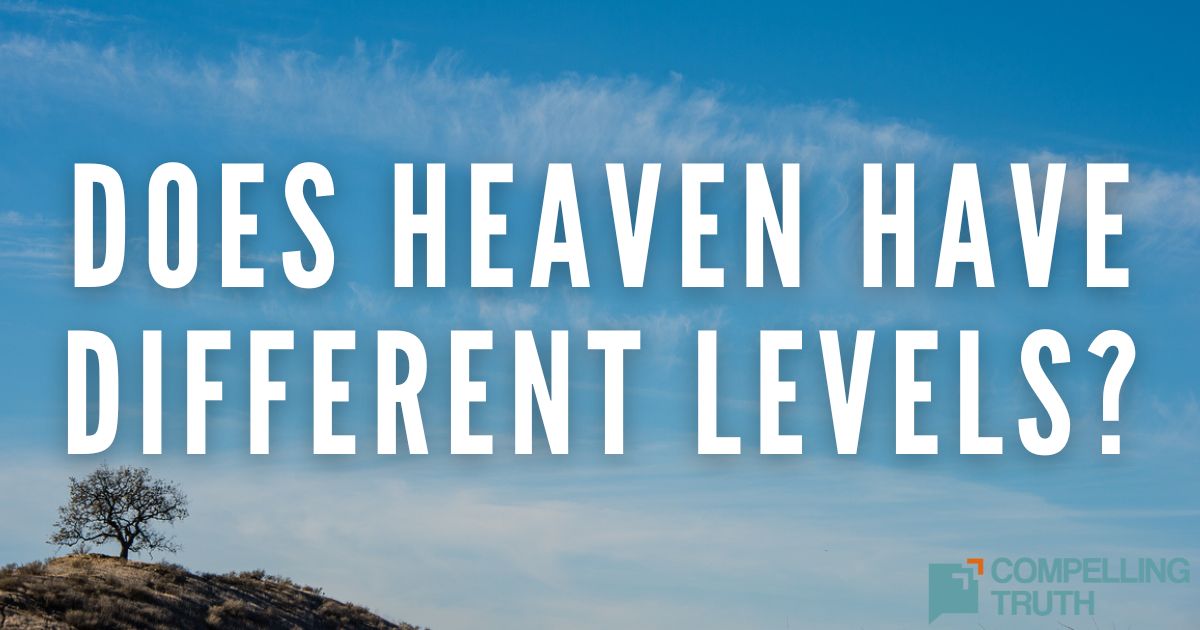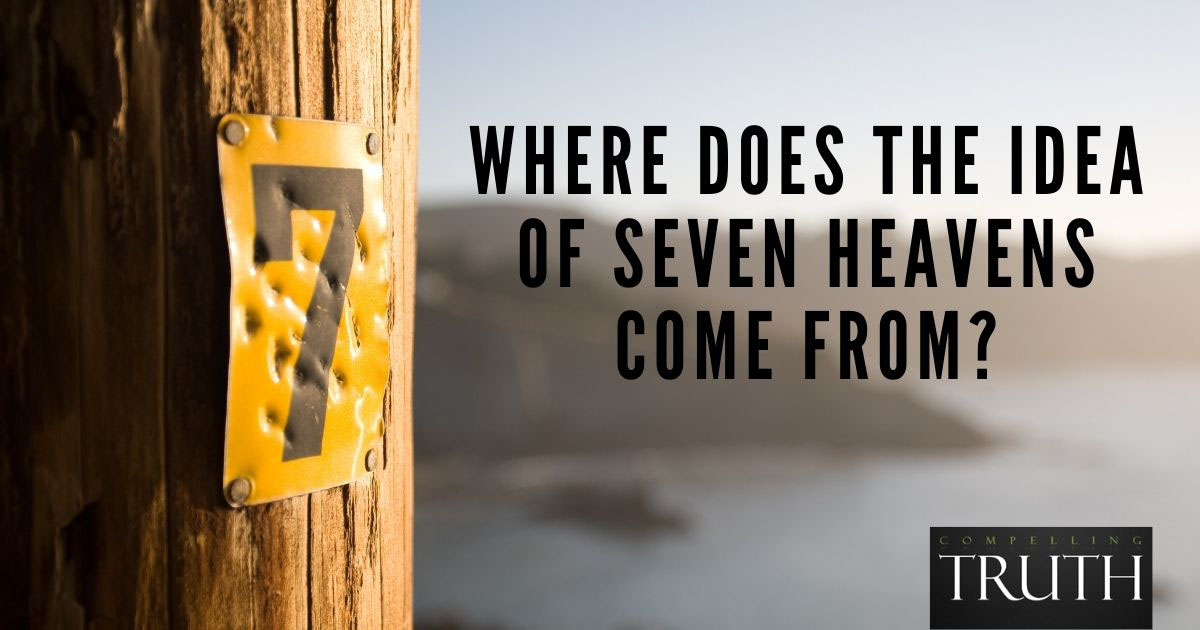what does the bible say?
The Bible describes paradise as the place where believers are in God's presence, which is also referred to as heaven. Jesus assured the thief on the cross that he would be with Him in paradise, confirming that believers immediately enter heaven upon death. Paul described a heavenly vision as "paradise," and Revelation 2:7 identifies it as the eternal dwelling place of those who conquer in Christ. While the Old Testament does not specifically use the word “paradise” to refer to heaven, it provides a picture of a restored paradise in the future. Paradise will be a place of perfect joy, free from sin and suffering, where we will live forever with God.




